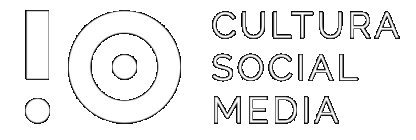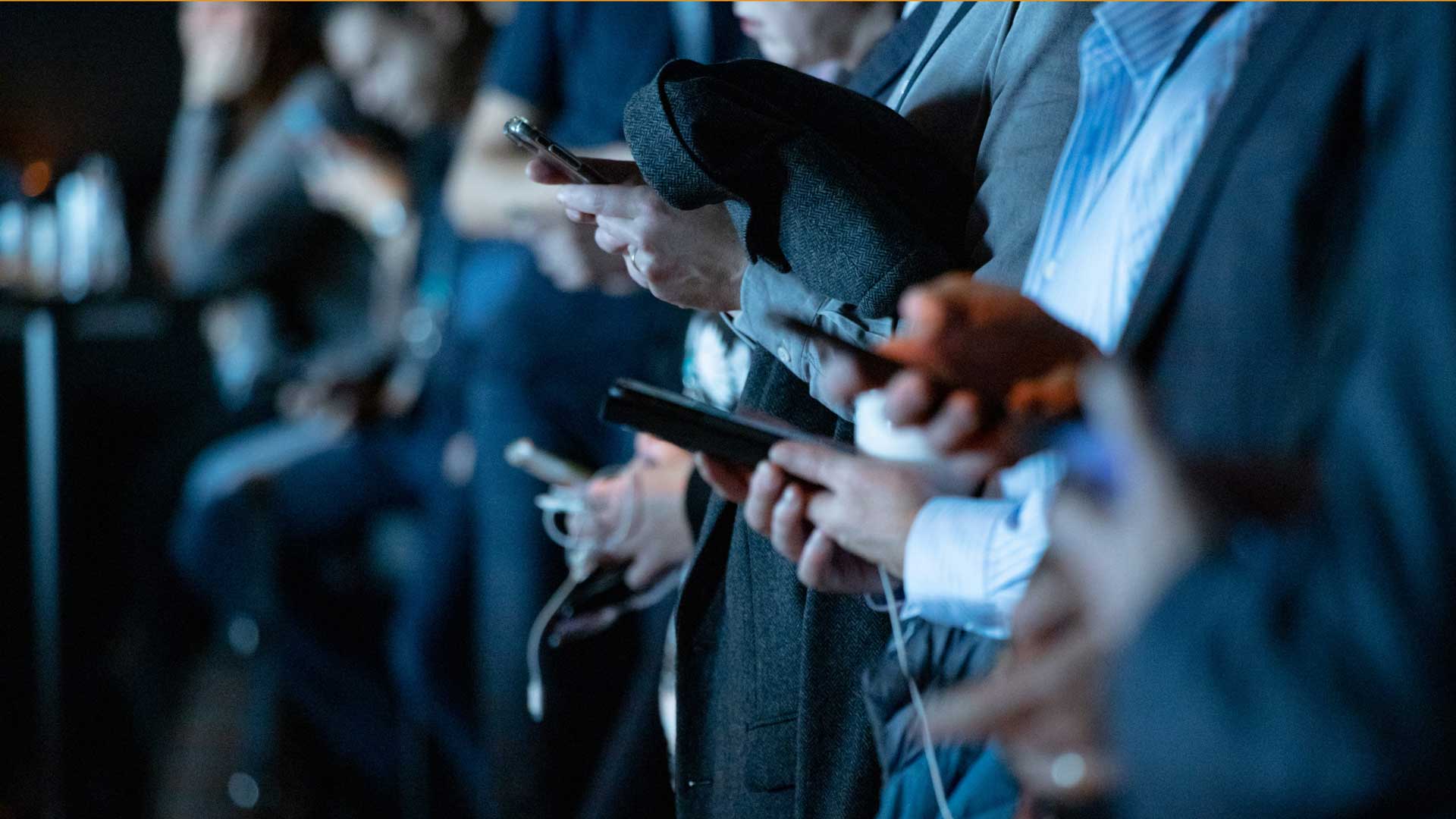ENGLISH VERSION
Social media influencers
in the “like” economy
Today “sharing” information, moods, images and personal data in a digital format has become a regular practice among Internet users. But, why we are doing this?
The emergence of the web 2.0 marks a breakthrough in the development of the Internet as a communication technology. This is primarily because it offers the possibility to create and distribute content on a large scale, blurring the distinctions between producers and consumers (Jenkins 2008; Jenkins et al 2012). In this context, “sharing” information, moods, images and personal data in a digital format has become a regular practice among Internet users. John (2013) suggests that the concept of sharing – in the way we understand it today – goes hand in hand with the emergence and growth of the web 2.0.
Recent studies show that gender and socioeconomic differences impact on the generation and sharing of online content (Hargittai and Walejko 2004). However, little research has been done on the practices, discourses and imaginaries of people about sharing in the digital age. Why do we share content on Facebook? What are the motivations that leads us to share content with other people? How do we communicate on Facebook?



